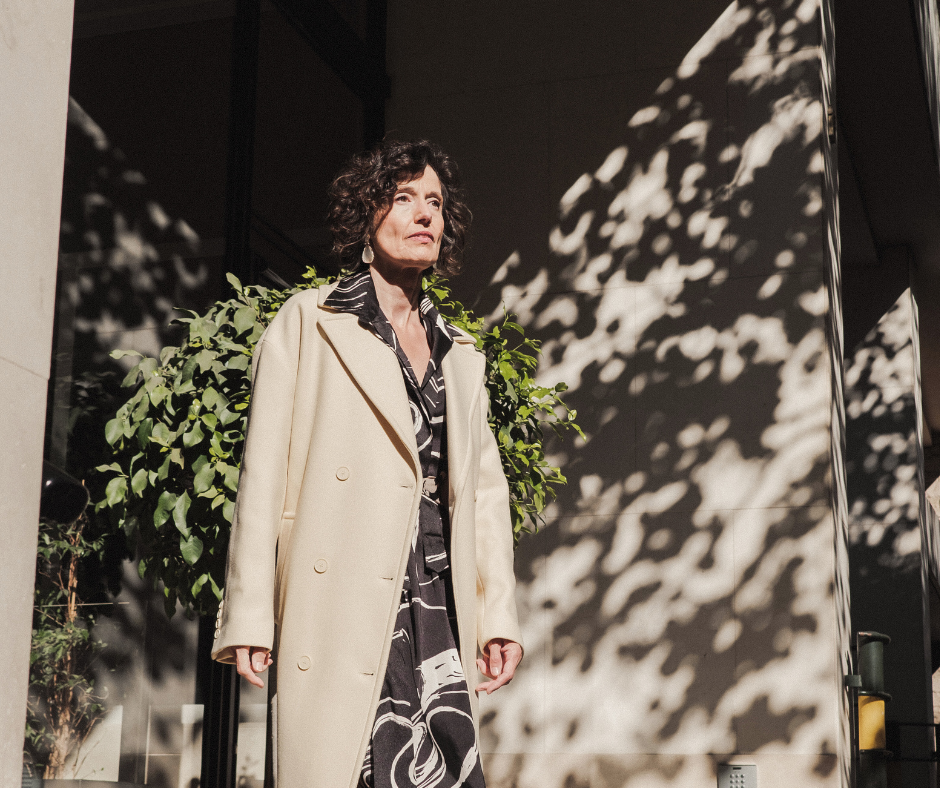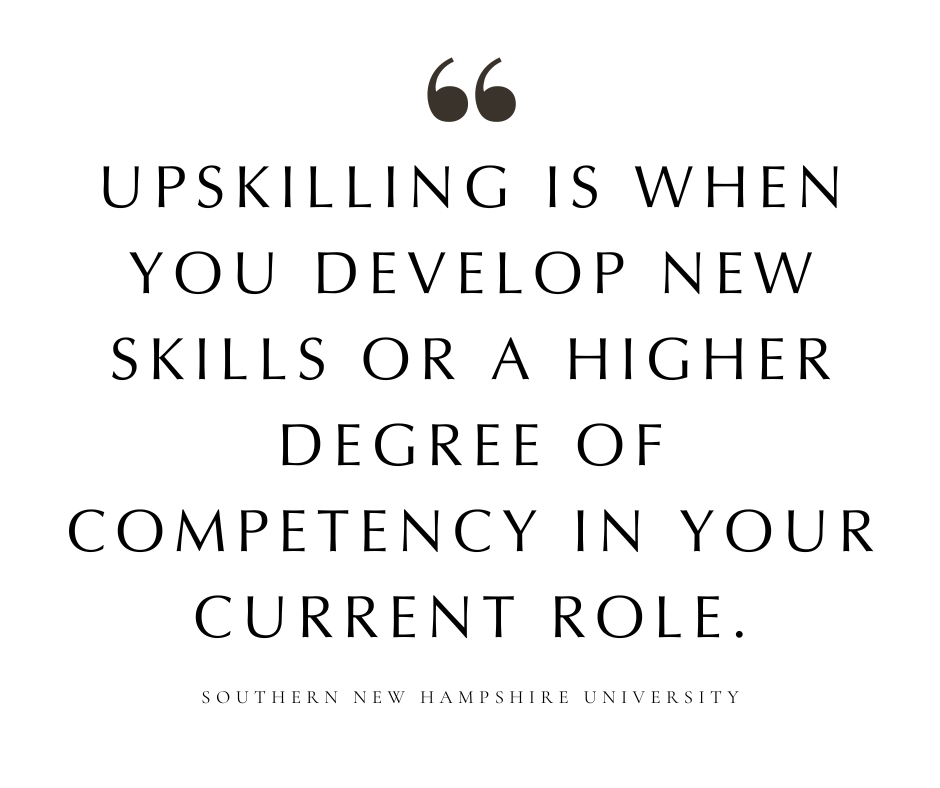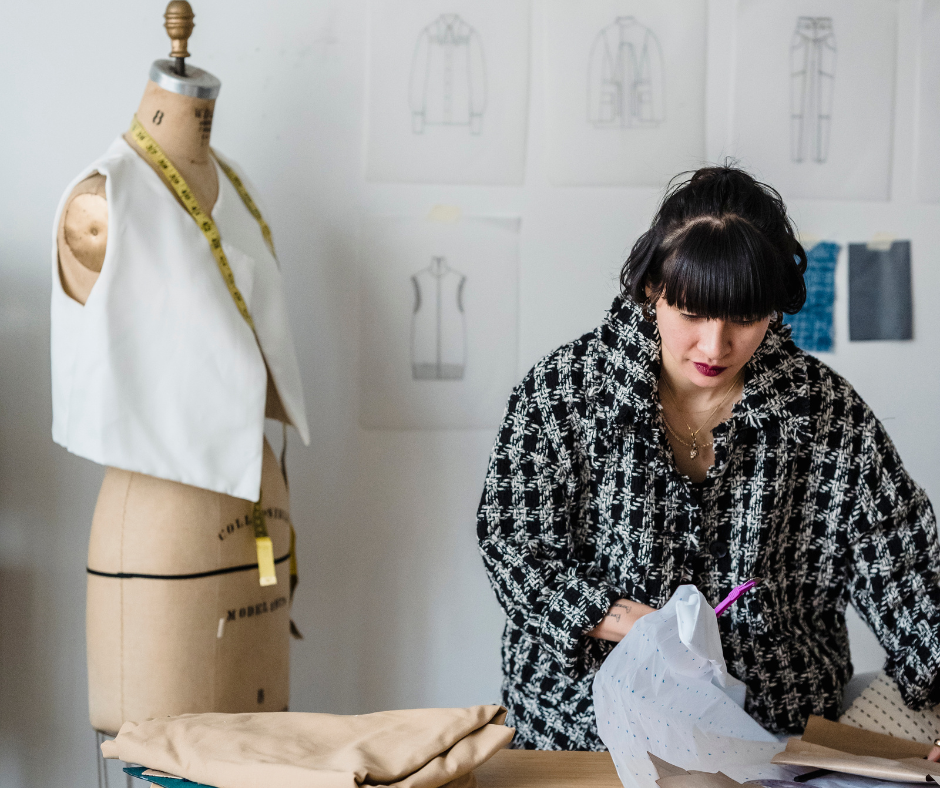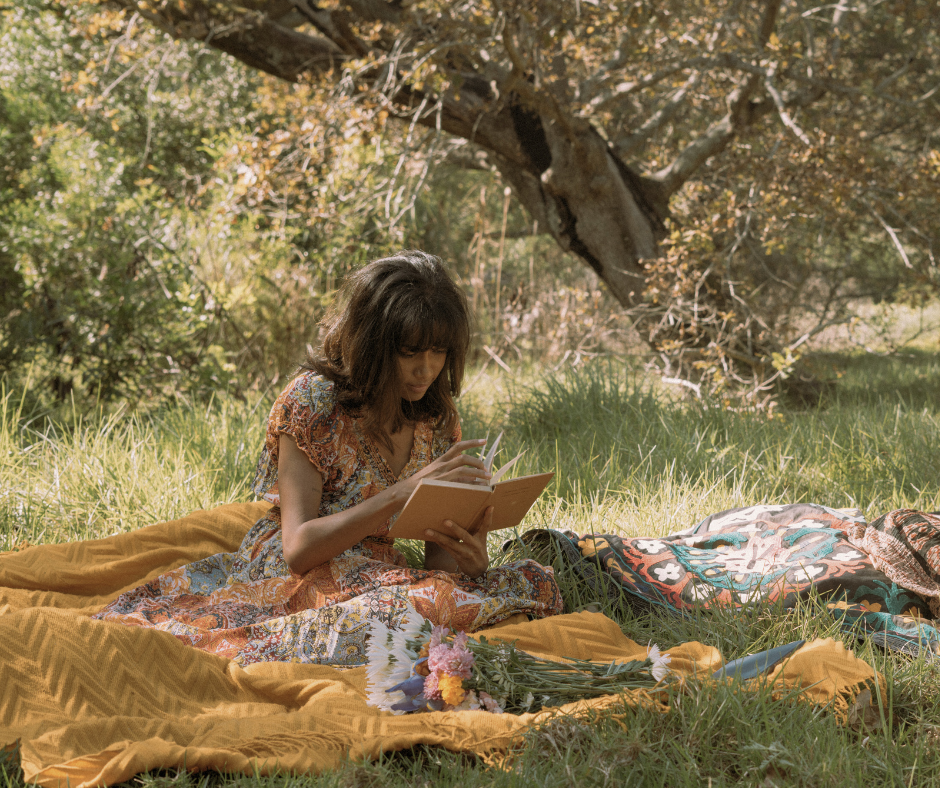

Charting Success: Upskilling Techniques for Women in Design and Art
Summary
Upskilling offers women in creative fields a strategic advantage, enhancing their competitiveness, creativity, and resilience in a rapidly evolving industry. It fosters personal fulfillment, expands professional networks, and empowers women to navigate their careers with greater autonomy and confidence. By embracing continuous learning, women not only contribute to the diversification and innovation of the creative sector but also set a precedent for future generations, exemplifying the transformative impact of dedication and growth.
Reflection Questions
- Which area of upskilling resonates most with your current professional journey, and why?
- How can the act of upskilling serve as a tool for personal empowerment in your life?
- Reflect on a time when learning a new skill significantly impacted your creative work or career path. What was the outcome?
- In what ways do you think upskilling can contribute to breaking down barriers for women in creative industries?
- How do you envision the role of mentorship and networking in your upskilling journey?
Journal Prompt
Reflect on your aspirations within your creative field. Consider the skills, both technical and soft, that you believe will be crucial for achieving these goals. How do you currently approach the process of learning and development in your career? Imagine where you could be in five years with a dedicated upskilling plan. Outline a roadmap for your upskilling journey, including the resources you might use, the people who could support you, and the milestones you aim to achieve. How does this vision align with your broader goals for personal and professional growth?
Whether you want to hone an existing skill set or learn additional skills that will enhance your artistic process, upskilling is the way to go. For women navigating creative fields, upskilling functions not just as a strategy for professional advancement, but also as a powerful tool for personal empowerment and innovation. In this article, we explore the multifaceted benefits of upskilling for women in creative roles, exploring how it enhances competitiveness, fosters creativity, and expands opportunities. We also explain how upskilling can transform challenges into opportunities for growth, fulfillment, and leadership. Read on to learn more!
What Exactly is Upskilling?


Upskilling is an intentional learning process. It refers to the process of learning new skills or enhancing existing core skills so you can advance on your career path. You might enhance soft skills (like leadership skills) or learn new technical skills that bridge knowledge gaps and make you more competitive in your field.
By embracing upskilling strategies, workers can improve their employability and advance in their current careers, while entrepreneurs can adapt to the changing demands of the market. Upskilling programs can involve various forms of education and training, mentorship programs, including formal courses, workshops, and self-directed learning.
It’s particularly important in industries where technology and practices evolve rapidly, ensuring that workers remain competitive and can thrive in their professional environments. An organization might upskill employees to create a more skilled workforce, foster innovation, boost employee engagement, improve employee retention rates, and reduce the need for external hiring to fill skill gaps or find the right person when a management position opens up.
While there are formal training programs, many women learn additional advanced skills on their own through a combination of online courses, personal projects, and mentorship.
Benefits of Upskilling for Women in Creative Fields
Upskilling as a woman in a creative field offers a multitude of benefits that can enhance not only your professional journey but also your personal growth and satisfaction. Below are some of the key advantages.
Enhanced Competitiveness
By acquiring new skills and staying abreast of the latest trends and technologies in your field, you increase your competitiveness in the job market. This can open up new opportunities for career advancement, higher earnings, and access to more prestigious projects or roles.
Increased Creativity and Innovation


Learning new techniques, tools, and approaches can significantly expand your creative repertoire. This not only allows you to bring fresh perspectives to your work but also fosters innovation, enabling you to create more distinctive and impactful work.
Greater Flexibility and Adaptability
Upskilling prepares you to adapt more easily to changes within the creative industry. Whether it’s shifts in market demand, new technological advancements, or changes in artistic trends, having a diverse skill set allows you to pivot and thrive under different circumstances.
Personal Fulfillment and Confidence
The process of learning and mastering new skills is inherently rewarding. It can boost your self-confidence, not just in your professional abilities but also in your capacity to grow and evolve. This sense of achievement is crucial for long-term career satisfaction and personal fulfillment.
Expanded Professional Network


Engaging in upskilling activities such as workshops, courses, and conferences exposes you to new circles of peers, mentors, and industry leaders. These connections can be invaluable for future collaborations, job opportunities, and support.
Increased Autonomy in Career Choices
With a broader skill set, you’re better positioned to choose projects that align with your interests and values. This autonomy can lead to a more satisfying career path where you’re in control of the types of work you engage in and the impact you wish to have.
Empowerment in Negotiation
Upskilling can enhance your negotiation power when it comes to salaries, project terms, and roles within teams or organizations. By demonstrating your commitment to growth and showcasing a diverse portfolio, you position yourself as a valuable asset.
Contribution to a More Diverse Industry


As a woman in a creative field, your upskilling contributes to breaking stereotypes and barriers, paving the way for greater diversity in creative roles. By advancing in your career, you also become a role model for other women and underrepresented groups, inspiring them to pursue their own paths in creative industries.
Resilience Against Industry Volatility
Creative industries can be particularly susceptible to economic fluctuations and changes in consumer preferences. A well-rounded skill set equips you to navigate these challenges more effectively, ensuring a more stable and resilient career.
Improved Work-Life Balance
Finally, upskilling can sometimes open up opportunities for more flexible work arrangements, such as freelance projects, remote work, or part-time positions that align better with personal life commitments. This flexibility is particularly beneficial for those seeking a more balanced approach to their career and personal life.
Upskilling Strategies for Women in the Arts
Identify Key Skills and Trends
The foundation of upskilling lies in identifying the skills and trends that are currently shaping your creative field. This exploration should encompass both technical skills, such as mastering new software, tools, or artistic techniques relevant to your medium, and soft skills like project management, collaboration, and effective communication. Staying informed about the evolving landscape of your industry will allow you to pinpoint which areas you should focus on to remain competitive and innovative. Engaging with industry publications, online forums, and professional networks can provide valuable insights into these trends.
Online Courses and Workshops


The digital age offers an abundance of learning opportunities through online platforms. Enrolling in courses and workshops that align with your creative discipline can significantly enhance your skill set. Platforms such as Coursera, Udemy, Skillshare, and LinkedIn Learning curate a wide range of content created by experts in various creative fields. These resources are often flexible, allowing you to learn at your own pace and on your own schedule, making them an excellent option for busy professionals looking to expand their knowledge and expertise.
Attend Industry Conferences and Webinars
Participating in industry conferences and webinars is a powerful way to immerse yourself in the latest trends, technologies, and best practices within your field. These events not only provide access to cutting-edge knowledge but also offer the opportunity to engage with peers and industry leaders, opening doors to collaborations, partnerships, and employment opportunities. Many conferences and webinars are now available online, making them more accessible to a wider audience.
Networking and Mentorship


Building a robust professional network and seeking mentorship are crucial steps in career development. Joining professional networks, online communities, and social media groups related to your field can facilitate connections with like-minded individuals and experienced professionals. Mentorship, in particular, offers personalized guidance, support, and feedback that can accelerate your learning process and open up new career paths. These relationships can be invaluable sources of advice, encouragement, and inspiration.
Practical Projects
Applying the skills you acquire through real-life projects is essential for reinforcing your learning and building a compelling portfolio. Whether through personal projects, freelance work, or contributions to your current job, practical application allows you to experiment with new techniques, solve real-world problems, and showcase your capabilities to potential clients or employers. This hands-on experience is critical for understanding the practical implications of your skills and for demonstrating your creativity and versatility.
Collaborations
Collaborating with other creatives can significantly enrich your learning experience. By working with others, you can gain new perspectives, learn different approaches to creative problem-solving, and acquire skills outside your primary area of expertise. Collaborations, whether in the form of joint projects, collective exhibitions, or simply brainstorming sessions, foster a sense of community and mutual support that can be highly beneficial for personal and professional growth.
Feedback and Reflection


Seeking constructive feedback on your work and engaging in self-reflection are important aspects of the upskilling process. Feedback from peers, mentors, or online communities can provide new insights into your work, highlight areas for improvement, and affirm your strengths. Taking the time to reflect on this feedback, as well as on your own learning and creative processes, allows you to make more informed decisions about your career path and the skills you choose to develop next.
Stay Inspired
Maintaining a high level of creativity and inspiration is crucial for anyone in a creative field. Seeking inspiration outside your immediate discipline can stimulate your imagination and lead to innovative ideas and approaches. This can involve exploring other forms of art, engaging with literature, traveling, or participating in activities that fuel your passion and creativity. Keeping your creative spark alive is essential for continuous growth and success in your career.
Self-Care and Mindset


No matter your upskilling strategy, this process requires time, effort, and perseverance. It’s important to maintain a positive mindset, set achievable goals, and practice self-care to ensure that you remain motivated and focused on your development. Balancing professional growth with physical and mental well-being is key to sustaining your passion and energy for your creative endeavors over the long term.
Support and Resources for Women
Finally, leveraging support and resources specifically designed for women in creative industries can provide additional avenues for growth and empowerment. Many organizations and platforms offer workshops, networking events, grants, and mentorship programs aimed at supporting women’s careers in the arts. These resources can be instrumental in overcoming gender-specific challenges and in fostering an environment where women can thrive and make significant contributions to their fields.
Final Thoughts on Upskilling as a Creative Woman


Through upskilling, women not only fortify their positions in the competitive landscapes of their respective domains but also weave a richer tapestry of innovation, diversity, and resilience within the creative industry. As women across the globe expand their skill sets and knowledge, they pave the way for a new era of artistic excellence and leadership, inspiring the next generation to dream bigger, reach further, and create with unbounded imagination.
How will you upskill? Let us know in the comments below.








